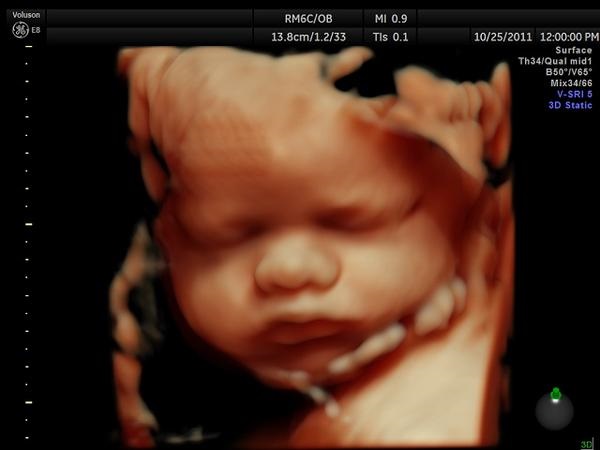An Ohio bill to prohibit abortions after unborn babies have a detectable heartbeat passed the state Senate on Wednesday.
The bill passed 18 to 13 with two new amendments, and now heads back to the state House for a final vote, according to Cleveland.com. The state House passed the bill in November, and is expected to pass the amended version as well.
Gov. John Kasich said he would veto the legislation, and it is not clear if the legislature has enough votes to override a veto. Gov.-elect Mike DeWine, who takes office in January, said he would sign it.
The controversial measure, state House Bill 258, would ban most abortions in Ohio by prohibiting abortions after an unborn baby’s heartbeat is detectable, around six weeks. Research suggests a baby’s heartbeat may begin as early as 18 days after conception. The bill also would allow abortion practitioners to be charged with a felony for aborting unborn babies whose hearts are beating.
Earlier Wednesday, the state Senate passed several amendments to the bill. One amendment would allow the state medical board to take away the license of a doctor who violates the law, WOSU Radio reports. The other clarifies that transvaginal ultrasounds are not a requirement of the legislation.
State Rep. Christina Hagan, a lead sponsor of the bill, said she wants the bill to pass now more than ever because of the likelihood of the U.S. Supreme Court upholding it, ABC News 22 reported earlier this month.
Keep up with the latest pro-life news and information on Twitter. Follow @LifeNewsHQ
“Now is absolutely the time to pass the Heartbeat Bill,” she said, previously. “We need every minute and hour that we can get to send it to the right court makeup.”
Meanwhile, abortion activists blasted the bill as “dangerous.” In a statement after the vote, Planned Parenthood Advocates of Ohio CEO Iris E. Harvey claimed it would restrict a woman’s “right to make personal health care decisions before she even knows she’s pregnant.” She neglected to mention that that decision involves the taking of another human being’s life, the woman’s own unborn baby.
Harvey also called House Bill 258 “unconstitutional,” which suggests the likelihood of a legal challenge.
Heartbeat bills have been met with skepticism in the past, even by many pro-life groups, because of pro-abortion legal challenges.
North Dakota and Arkansas passed heartbeat bills several years ago, but federal courts struck down both laws. The Eighth Circuit Court of Appeals said the following about their ruling on the six-week ban: “Because there is no genuine dispute that (North Dakota’s law) generally prohibits abortions before viability — as the Supreme Court has defined that concept — and because we are bound by Supreme Court precedent holding that states may not prohibit pre-viability abortions, we must affirm the district court’s grant of summary judgment to the plaintiffs.”
The U.S. Supreme Court refused to hear an appeal of the cases in 2016.
There is more hope that the new conservative-majority U.S. Supreme Court may consider an abortion ban, but it is difficult to say if it would for certain. Some legal scholars have speculated that the new conservative court would be more likely to consider cases that gradually chip away at Roe v. Wade rather than reverse it completely.
In 2017, 20,893 unborn babies were aborted in Ohio, according to the state Department of Health.








